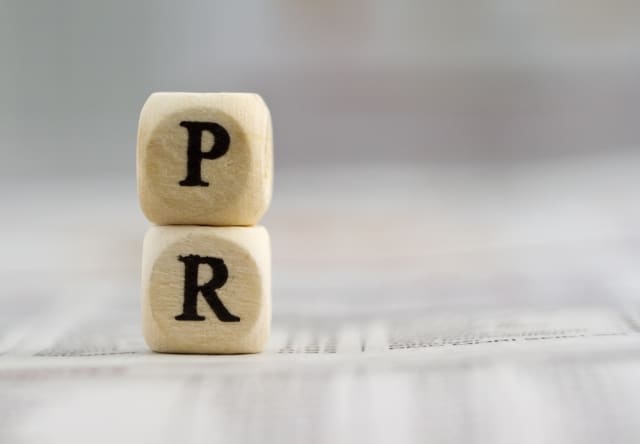This is a guest post by Dan Zegart from the Climate Investigations Center.
The world’s largest public relations firm said today it will no longer represent coal producers or climate change deniers.
Edelman’s change of direction was reported today in a story in the Guardian newspaper that was based on a leaked internal email.
The email revealed that the company concluded a two-year long ethical review process by deciding to ban coal companies and deniers — including front groups that espouse climate denial on behalf of companies or other interests — but will continue to work for oil and gas firms and the rest of the fossil fuel industry.
“On climate denial and coal those are where we just said this is absolutely a no-go area,” Michael Stewart, the president and chief executive for Europe, who led the review, told the Guardian.
“Greenwashing, fake front groups, anything like that is completely inappropriate,” Stewart continued.
It remains to be seen if Edelman, with some 5000 employees and almost a billion dollars in annual revenue, will be joined by other big PR companies.
Notable among these is Burson Marsteller, which helped Peabody Energy, the world’s largest coal company, launch its Advanced Energy for Life ad campaign, a messaging blitz that lauds coal-fired electricity as the solution to “energy poverty.” Burson is part of the WPP family of companies, the number two player in the industry.
Burson-Marsteller has so far refused to make any comment about its involvement with the AEfL campaign.
While Edelman’s shunning of coal and denial was applauded today by the environmental community and O’Dwyer’s PR trade press, others noted that this doesn’t change the fact that Edelman remains a critical mouthpiece for the rest of the fossil fuel industry, many of whose members support denial campaigns and other efforts designed to slow progress on global warming policy solutions.
The connections with — and the dollars from — Big Fossil are substantial for Edelman. A January Center for Public Integrity report and supplemental research by the Climate Investigations Center found that the American Petroleum Institute, the trade association for the oil companies, paid Edelman at least $360 million between 2008 and 2013.
The PR industry has attempted a little bit of in-house greenwashing in recent years.
The Public Relations Society of America has dubbed September “Ethics Awareness Month,” and every year, the PRSA, which is the professional organization for the public relations industry, holds webinars, round-table discussions and “tweet chats” to reinforce what the group calls the trade’s “high standards” of conduct.
“To quote a member of the PRSA Board of Ethics and Professional Standards (BEPS), ‘If you don’t live and breathe ethics in your public relations career on a daily basis, you may overlook inauspicious ethical missteps that can later breed disaster,’ ” says the PRSA‘s website.
The PRSA‘s Code of Ethics seem admirable, requiring members to “avoid deceptive practices,” to “reveal the sponsors for causes and interests represented,” and to “investigate the truthfulness and accuracy of information released on behalf of those represented.”
But PRSA officials interviewed for this blog explained that while the code, which dates to 1950, is the official standard of the profession and is taught in undergraduate and graduate communications and public relations programs across the country — for example, a full semester ethics class is required at the University of Nevada Las Vegas graduate school — all the enforcement provisions were gutted during an overhaul in 2000.
“Clear guidelines, tough enforcement and public shaming were put in place as the strategy to address ethical violations. But during 50 years of trying, those good intentions were frustrated, due to a lack of cooperation; enormous legal and investigative expenses; significant investments of time, money and resources for investigating alleged violations,”says the PRSA website.”None of these actions resulted in sanctions or official notifications of ‘violations.’”
“It is more or less a voluntary code,” acknowledged George Johnson, chairman of the PRSA‘s Board of Ethics and Professional Standards, in an interview last year. “We kind of rely upon our members or for that matter non-members, reporting to us and to the Board of Ethics and Professional Standards, what are believed to be violations of the code.”
So while any member of the public can file an anonymous ethics complaint with the PRSA, all the organization can do is issue an “advisory” summarizing the type of violation without any specifics on the actual incident or the responsible party.
Nevertheless, as Edelman has demonstrated, public pressure can cause even a PR giant to break ranks with its peers and take a first, small, step away from trying to spin the world on climate.
by Dan Zegart
Image credit: PR via Shutterstock.
Subscribe to our newsletter
Stay up to date with DeSmog news and alerts






